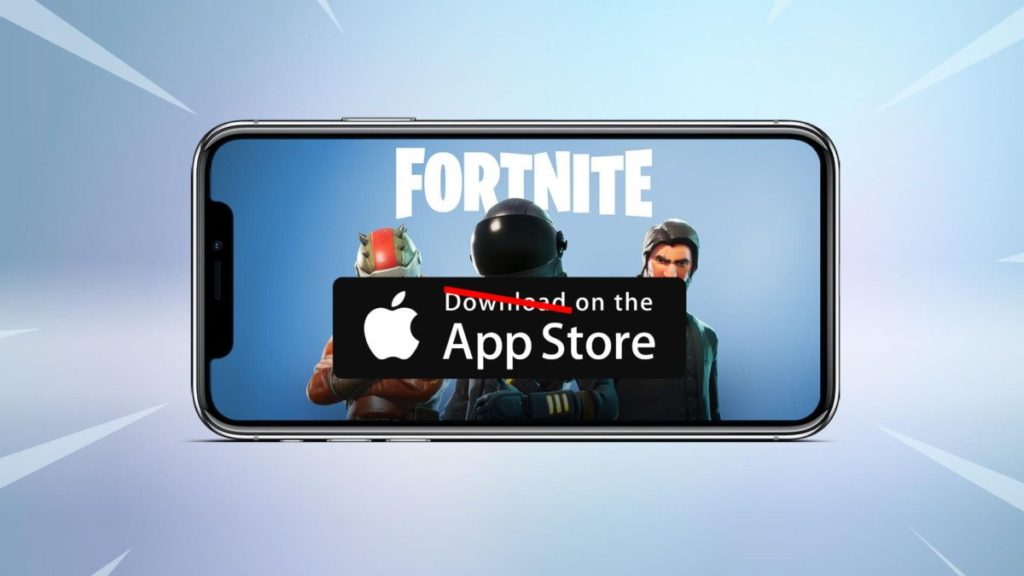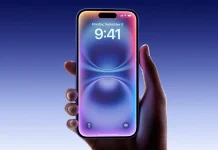( Epic FORTNITE ) we don’t hope to see the fight royale game back in the App Store at any point in the near future.

Apple won’t be required to revive Fortnite to its App Store, but a judge’s temporary restraining order against the corporate late Monday prevents it from revoking access to Epic’s Unreal Engine developer tools.
The legal battle between the 2 companies stems from a dispute over collecting revenue from in-app purchases, leading to Apple — and Google — removing the sport from their app stores. Epic sued Apple, charging that it had been threatening to revoke developer access to its tools. It also asked the court for a preliminary injunction in its pending legal battle with Apple, essentially allowing Fortnite back on the app store until the legal proceedings conclude.
The Court

finds that as for Epic Games’ movement with regards to its games, including Fortnite, Epic Games has not yet exhibited unsalvageable mischief,” Judge Yvonne Gonzalez Rogers said in her decision. “The current situation shows from its own creation.
“On the opposite hand, Epic FORTNITE Games has made a starter appearing of hopeless mischief with reference to Apple’s activities identified with the denial of the engineer instruments (SDKs),” Rogers composed. “The pertinent understanding, the Apple Xcode and Apple SDKs Agreement may be a completely incorporated archive that expressly dividers off the designer program permit understanding.”
Apple said the question was welcomed on by Epic which Epic has the power to work out it.
“We concur with Judge Rogers that ‘the reasonable approach’ is for Epic to comply with the App Store rules and keep it up working while the case continues,” Apple said in an announcement. “In the event that Epic FORTNITE makes the strides the appointed authority has suggested, we’ll happily welcome Fortnite back onto iOS. We anticipate presenting our defense to the court in September.
While Epic’s suite with Google remains in its fundamental stages, the meeting Monday was held to settle on Epic’s solicitation that the court power Apple to allow Fortnite back in its store. Apple’s likewise taken steps to expel Epic’s entrance to its engineer apparatuses, viably removing its Unreal Engine game advancement devices, which are utilized by game-producers over the business. Epic contended that Apple’s moves compromised outside engineers, while likewise leaving iPhone and iPad players incapable to play with different gamers when new game updates show up likely within the fall.
Rogers, a government judge for the northern locale of California, spent an excellent a part of the conference testing Epic and Apple’s legal counselors over parts of both their individual contentions. In any case, she cautioned, she’s probably not getting to constrain Apple to allow Epic’s famous Fortnite online fight game to enter the App Store without expelling affronting code that disrupts Apple’s App Store norms.
When either organization would raise worries about whatever budgetary hit they’ll take due to her decision, in any case, Rogers jeered.
“We’re discussing a corporation worth billions versus a corporation worth trillions,” she said.
Apple wasn’t having that, so it pulled Fortnite from the App Store. Google followed hours later. Android gamers can still download the sport directly through Epic — and if you previously downloaded it on iOS, you’ll still re-download it, you only won’t be ready to update it or play new seasons.
And now Epic FORTNITE is suing Apple?
It sure is.
Hours after Fortnite was booted off the App Store, Epic filed a lawsuit against Apple within the North District of California court accusing Apple of anti-competitive practices for app distribution and app-related payments. It stresses it isn’t trying to find compensation or special treatment from Apple, except for Apple to roll-back its anti-competitive practices and permit for “fair competition.”
“To reach iOS users,” reads Epic’s filing, “Apple forces developers to suits Apple’s unlawful terms contained in its Developer Agreement and to comply with Apple’s App Store Review Guidelines, including the need iOS developers distribute their apps through the App Store. These contractual provisions unlawfully foreclose the iOS App Distribution Market to competitors and maintain Apple’s monopoly.”
What about Google?
Epic is suing Google, too. Epic followed its lawsuit against Apple hours later with a similar one against Google. Its basis is the same as Apple’s: unlawfully anti-competitive practices related to app distribution, and app-related payments.

























